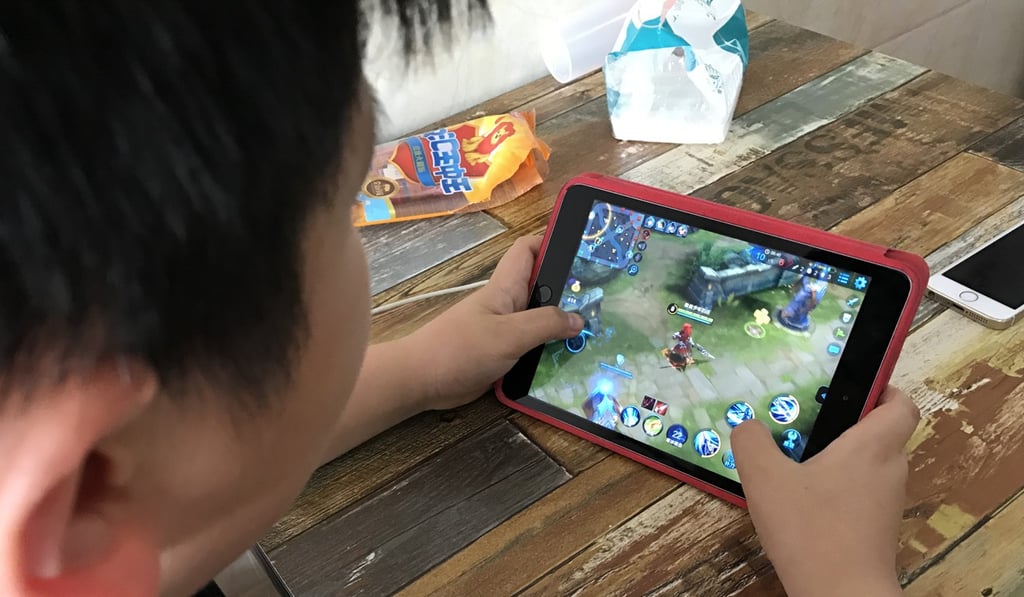A peek into how Tencent has 500 million Chinese mobile game players hooked
The big innovation at Tencent was engaging the target audience in developing games and gathering immediate online feedback before, during and after its release, according to former company executive Steve Gray

Internet giant Tencent Holdings probably has a video game to suit the taste of each of the more than 500 million gamers in China today.
But it is no accident that Asia’s most valuable company, which operates the world’s largest video games business by revenue, has been making one hit game after another for many years, according to gaming industry veteran Steve Gray, who for about eight years until January 2017 served as the executive-in-charge of production at Tencent Interactive Entertainment Group – a business unit that oversees the Shenzhen-based company’s activities in online games, comics, online literature and films.
“People have become much more sophisticated in the way they consume entertainment, and they seem to want to participate in how it gets made,” Gray, now the chief executive at US-based Asteri Networks, said in an interview during the Credit Suisse Asian Investment Conference in Hong Kong.
That process starts from the top as both Pony Ma Huateng, Tencent’s chairman and chief executive, and president Martin Lau Chi-ping hammer home the importance of customer satisfaction at every meeting in the company, according to Gray.
